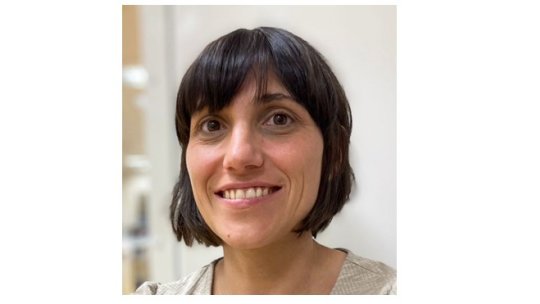Speaker: Dr. Vanesa Lafarga
Senior Scientist, Genomic Instability Group at CNIO (Spanish National Cancer Research Center), Madrid, Spain
Presentation
Hosts: Dr. Raúl Méndez & Dr. Ángel R. Nebreda, Group Leaders - IRB Barcelona
Node: Preclinical Models of Cancer
Date: Wednesday 13 March 2024, 12.00h
Place: Serratosa Room
IMPORTANT: For attendees outside the PCB community you must register at least 24h before the seminar.
Abstract
For reasons that remain poorly understood, alterations in ribosome biogenesis, translation and nucleoli have a particular impact on neurons and hematopoietic cells. Notably, mutations linked to neurodegenerative diseases are frequently related to nucleolar biology. A specific example of this is ALS (amyotrophic lateral sclerosis), a fatal neurodegenerative disease lacking a cure. The most frequent mutation in ALS patients is an intronic repeat expansion in C9ORF72, which leads to the production of 2 types of arginine-rich dipeptide repeats (poly(PR) and poly(GR)) that cause nucleolar stress and cell death. We recently provided a mechanism that explains the toxicity of these peptides. By additional work, we have now discovered that these peptides trigger an accumulation of free ribosomal proteins and mTOR hyperactivation, a hallmark of ribosomopathies. In mice, we see that the systemic expression of these peptides causes nucleolar stress and accelerated ageing, which can be substantially alleviated by mTOR inhibition. In summary, this work illustrates that the most frequent type of ALS might be a particular type of ribosomopathy. Furthermore, our collective efforts, as well as data coming from other groups, suggests that the best approach to tackle neurodegenerative diseases might be to explore the value of strategies that can delay ageing as a whole. Our findings and ideas in this regard will be discussed.

